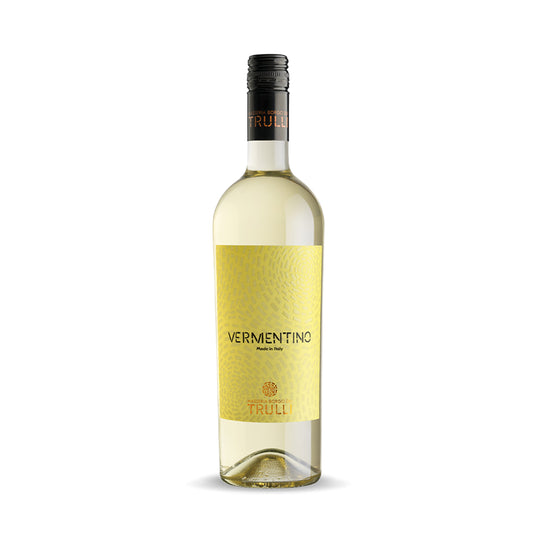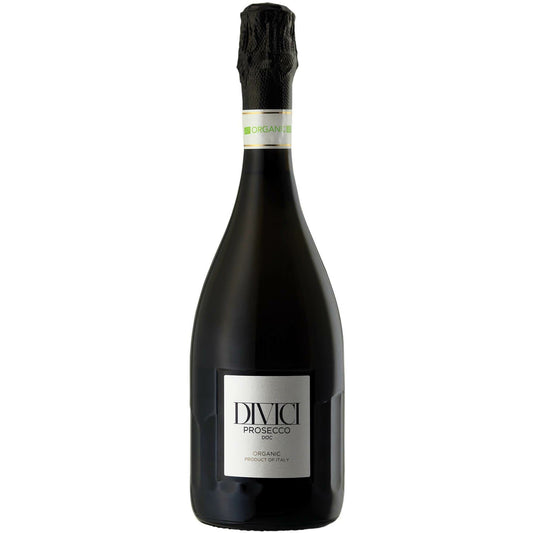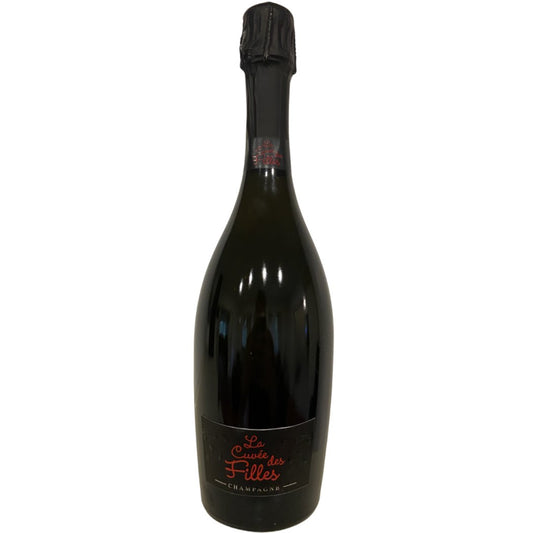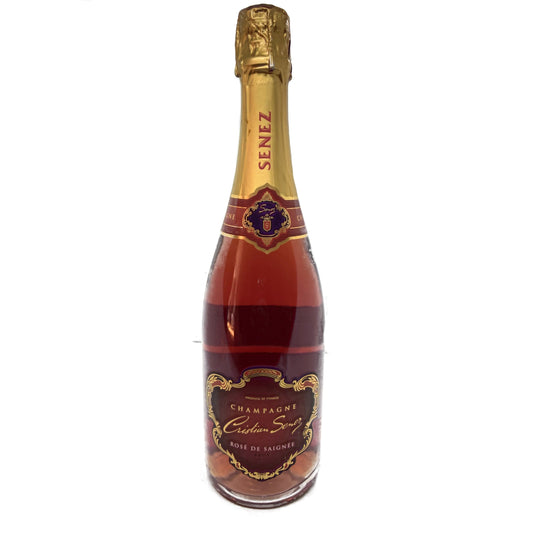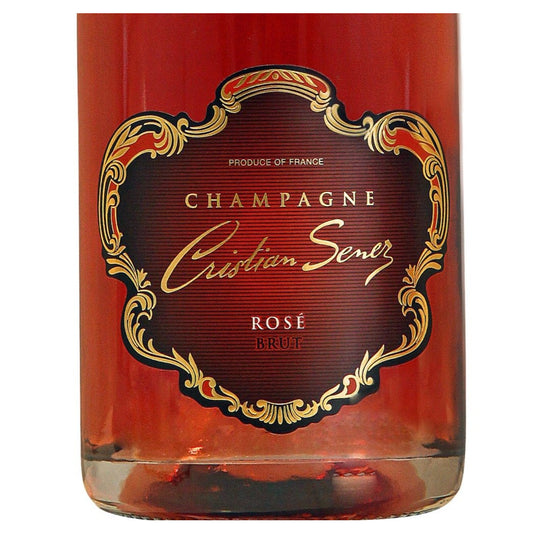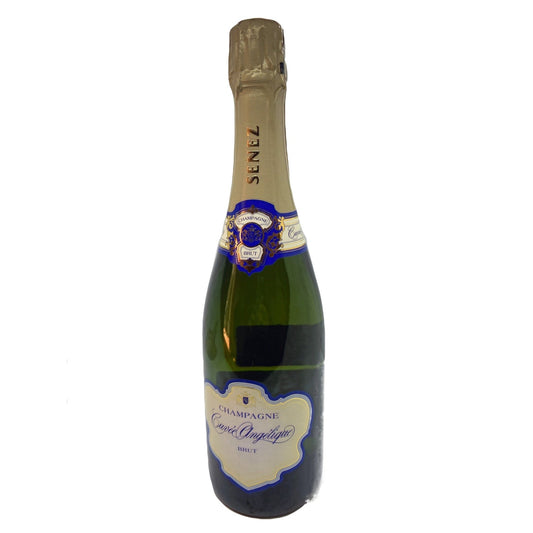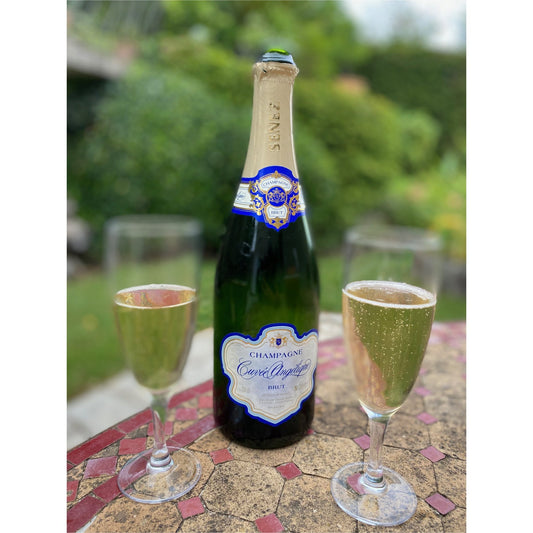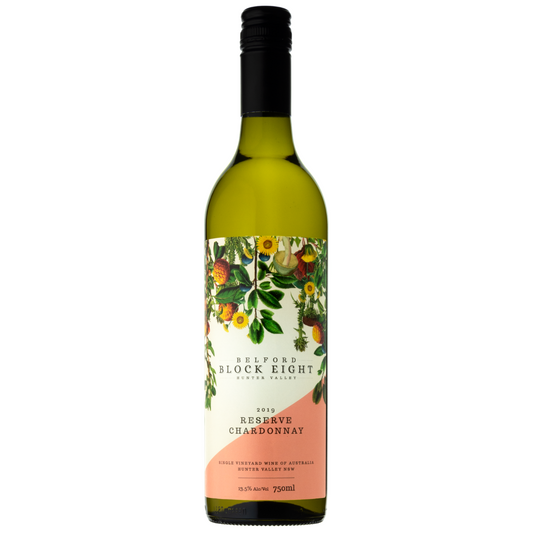
Yes, there are. Sulphites occur naturally in all wines. They are a result of the fermentation process and are a natural chemical compound; SO2. Naturally, they represent about 6 to 40 parts per million in wine. It is therefore impossible to consume a wine which does not have some sulphites in it. Any wines containing over 10 parts per million are required to be labelled as containing sulphites. If you are seeking to drink wines that are naturally low in sulphites it is best to gravitate towards Red wines and steer clear of white and dessert wines. Unfortunately, it is not as simple as just sticking to this rule of thumb. Some wine makers add sulphites during the fermentation process.
I first understood the importance of low sulphite wines whilst dining with some friends in 2014. My friend had discovered that she was allergic to sulphites and was intently combing through the wine list seeking out an Organic wine or better still, a wine with no added sulphites. Unfortunately, that night, she was unable to find one and as a result of her allergies, she had to abstain from wine for the evening. Now a days, many restaurants have sections of their wine list designated to Organic, low sulphite, vegan, natural and orange wines. Sulphites occur naturally in most foods and people’s sensitivity or allergic reactions to sulphites differ. Therefore, low sulphite wines may not be the answer for everyone with sensitivities to them but for some it may be the difference in being able to indulge in a glass or two. We acknowledge that the use of additional sulphites in wine making is certainly not a bad practice as such. In fact, most of the wines produced in the world do have additional levels of sulphites added to them. The practise of adding sulphites to wine can be traced all the way back to the Romans. Renowned for their love of wine, they were simply ensuring it lasted as long as possible without the aid of equipment like modern refrigeration. They did so by burning sulphur candles in empty wine barrels. Boutique Wine and Champagne do have a soft spot though for wines crafted with minimal intervention. It adds to the nostalgia of wine making harping back many centuries that we love and respect.
So why are additional sulphites added to wine by winemakers? It's true that wines and in particular red wine, gets better with time. The overlooked part is that at some stage the taste of a wine will peak and it will begin to decline. That time is dependent on the quality and storage conditions of the wine, but the addition of sulphites preserves the wine and makes it last longer. They also make the wine more resilient to factors like heat and poor storage. Sulphites also help preserve the freshness of wines and in particular white wines.
They are some myths around sulphites which we do feel are important to dispel.
It’s stated that the sulphites in wines cause headaches and hangovers. There is certainly no scientific proof to this and unfortunately overindulgence in wine will cause headaches for many regardless of the concentration of sulphites. Wine also seems to get an unfair focus for containing sulphites. It probably has something to do with the warning on most wines “Contains Sulphites.” Yet most foods do! There are certainly less sulphites in a glass of wine than in a bowl of French fries which do not have the same mandated warnings. Furthermore, these warnings and stickers offer little guidance to the overall quantity of sulphites in a wine. Low quality wines may have far more sulphites added to them then one of higher quality yet once they contain more than 10 parts per million they contain the same warning. Finally, sulphites are not detrimental to most people’s health. They affect the 1% of the population that are allergic to them in much the same way as some people are allergic to seafood or peanuts. They also affect people with asthma.
Do Organic Wines have sulphites added to them?
This is somewhat of a grey area and depends on the laws to qualify as Organic within the relevant country where the wine is being produced. In the USA, you are not allowed to add sulphites to wine and the wine must contain under ten parts per million to be labelled as organic. In the US, wines can be labelled as “Made from Organic Grapes” providing the amount of sulphites (which can be added) does not exceed a hundred parts per million. They cap the amount of sulphites that can be contained in any wine at three hundred and fifty parts per million.
In France, the definition of Organic wines is governed by European Union Law. The law states that an Organic wine can be labelled as such providing it does not contain more than ten million parts per million of which a component can be added by the winemaker. The French view sulphites as a natural product and are put out by the strict American laws which means that many of their wines cannot be labelled as Organic in the US.
Australian rules around organic wines are a little laxer than our American and European counterparts. There are in effect no laws around the amount of sulphites that can be added to wine in determining whether a wine is organic or not. It is the farming and harvesting process used in the vineyard and on the property which will determine whether an Australian wine can be classified as Organic or not. By and large though wine makers who have spent the time and care to make organic wines do not then add copious amounts of sulphites; they are low amounts and tend to remain under ten parts per million. If you are looking for an Australian wine which is low in sulphites you are best to seek out one which is not labelled as containing sulphites or labelled as “no added sulphites.”
Do wines low in sulphites tend to taste different to wines that have higher levels of sulphites?
A lot of people that sample and enjoy low sulphite wines claim that they taste fresher and juicer. What is certain is that the first glass from a bottle of low sulphite wine will often taste different to the last one. An opened bottle of low sulphite wine will oxide quicker changing the taste of the actual wine.
Boutique Wine and Champagne have sought to establish relationships with organic vineyards who produce low sulphite wines driven by our interest in wines produced with minimum intervention and to ensure that more people like our friend can enjoy high quality boutique wines.
Macquariedale Organic Wines
Our friends at Macquaridale Organic Wines share our interest in crafting quality wines naturally. Their wines pretty much cover the whole spectrum when it comes to being low intervention with their wines certified as: Organic, biodynamic, low preservative, vegan-friendly, natural wines.
Ross, owner and wine maker at Macquariedale, is very proud and rightly so of the fact that Macquariedale was the first vineyard in the Hunter Valley to receive a full Biodynamic Certification in 2005. Ross highlights that to achieve this accreditation a vineyard and its wines means that all products used in the vineyard are anatural and do not contain synthetic chemicals, herbicides, pesticides or systemic chemicals. He emphasises that by using these practises he is producing wines in the way nature intended, retaining fullness of flavour, richness of colour and diversity of aromas from the land. One of my favourite stories that Ross shared over a glass of his Macquariedale Semillon is his ponderings over why his vintage was unaffected by the bushfires of 2019 whilst many other vineyards saw substantial losses of smoke affected grapes. He hypothesises that the fact that he doesn’t use pesticides and insecticides meant that his grapes may of had thicker skins which did not allow the smoke to penetrate them. We’ll never know but I love the pride he has in his natural way of maintaining grapes and making wine.
Some of our favourite Macquariedale Organic wines are their:
Semillon
Verdelho
Merlot
Pinot
Siena Rose – Belinda Congilio
Belinda and I first met at a wine tasting event where we enjoyed a glass of our Vermentino together. As she tasted it, her enthusiasm for wine and her Italian heritage showed as she compared it to other Vermentinos she had previously tried. We were intrigued by her heritage where she had obtained her passion for wine from her father, Gino Congilio, who has produced wine in the Swan Valley in Western Australia for many years. Our attention was further piqued when she informed us that she had recently made a low sulphite Rosé made from hand picked grapes. The name of the wine is a combination of my Grandad Eugenio’s Daughter Rose and granddaughter Siena she proudly told us; Siena Rose. She sent us a bottle which we tasted. We fell in love with its crisp taste accompanied by Strawberries. This wine represents everything we love at Boutique Wine and Champagne. A wine crafted with love and passion which we are proud to stock.

Chateau Ogier de Gourgue
The vineyard and property are steeped in history. It produces Organic wines which are low in sulphites. They produce small quantities of bottles each year making it a perfect partner for Boutique Wine and Champagne.
The original property is an old hunting lodge which was built in the 17th century and owes its name to the historic figure of Ogier de Gourgue. He was an adviser to King Louis XIII occupying the position of the Treasurer of France and Commissioner of Finances for Bordeaux during the second half of the 16th century.

Ogier de Gourgue, Lord of Vayres, built his fortune by investing in land and domains.
After being passed down to his eldest son Marc Antoine de Gourgue, who was the first President of the Bordeaux Parliament, the Château then changed hands several times during the following centuries. For the last two decades it was in the hands of the Foures family and has belonged to the current owners, the Vincent family, since 2010.
Jean-Marc Vincent, the head of a public works company and an avid wine connoisseur, fell under the spell of Château Ogier de Gourgue and decided to devote himself to his passion for vine-growing and wine.
On his arrival, he undertook major renovation work and modernisation of the facilities. The only existing vat house was turned into a fermenting room fitted with stainless steel, conical, temperature-controlled vats. The barrel cellar was redesigned and re-sited underground to provide better conditions for ageing and maturing.
In September 2012, his daughter, Claire, with a background in the luxury and beauty industries, joined him on his new adventure!
Today, the vineyard still practices wine making processes true to its heritage. Tractors are replaced with horses and biodynamic winemaking practices are used across its vineyards.

We have sourced an organic and low sulphite Bordeaux wine produced in 2015 from this vineyard. You certainly can smell the naturalness of the wine on the nose and it has rapidly become a customer favourite.

Whether it is because you have a sensitivity to sulphites or simply wish to experience wines made in natural and traditional fashions, we would love you to try some of our wines which are low in sulphites. We have put together the following pack for you to try. You can subscribe to it and always ensure you have low sulphite and intervention wines on hand.

All in all, Boutique Wine and Champagne has a soft spot for low sulphite wines not because they do not have additional sulphites added to them but rather, they are generally an expression of a wine crafted with passion and tradition.
If you produce natural, organic or low-sulphite wines and would like to have a discussion about boutique wine and Champagne stocking your wine, please do not hesitate to contact us at: info@boutiquewineandchampagne.com



